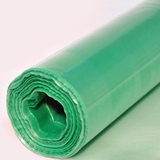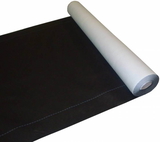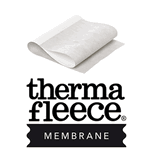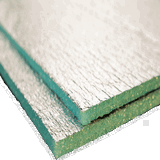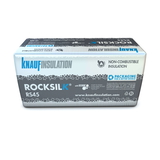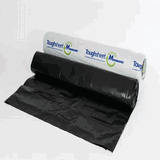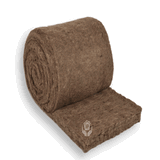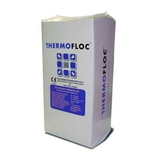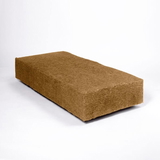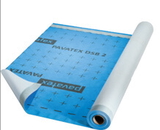- Blogs
- What causes condensation and how you can stop it?
What causes condensation and how you can stop it?

Everything we do in our home contributes to moisture build-up. Almost every activity, from cooking to showering to breathing, releases moisture. If left unchecked, all these factors contribute to making your home feel damp and unpleasant.
Can loft or wall insulation be effective in preventing moisture build-up? The short answer is yes! Home insulation and ventilation are the long-term solutions for condensation issues. In addition, when you purchase insulation online, you offset your carbon footprint and get access to a wide selection of insulation products from top brands.
To begin with, let's examine the causes and effects of excess moisture in a property.
How and what causes condensation?
Condensation occurs when warmer air travels through the building assembly and encounters colder surfaces, causing it to condensate and produce water vapour.
The moisture control mechanisms are usually set in place during the construction phase itself. Essentially, each building can only accumulate a limited amount of water from both outside and inside. When this limit exceeds, the excess water is released, resulting in moisture and damp problems.
Issues in controlling water vapour:
1. Materials used during construction:
All building components, including installed insulation, have some water permeability properties. These determine how much water may pass through and/or be stored within the structure. While these materials may be effective at keeping moisture from reaching the inner surface of the wall, they could also trap moisture within the structure, allowing it to become damp over time.
Some building materials, such as wood or vinyl siding, are considered permeable to water, and components like plywood sheathing are semi-permeable. Consider XPS insulation, for example: while XPS insulation without facing is semi-permeable, XPS insulation with foil facing is considered impermeable.
2. The location of the building:
The humidity level of your surroundings matters. Because it's impossible to control the air entering your home when it's humid outside, it affects the moisture levels inside your home too. Different climates necessitate different water vapour control and installation methods.
3. Seasons:
While condensation may not be an issue in the summer months, winter does worst for condensation issues, especially when your central heating system kicks in during the chilly morning and evening hours. When the cold air from outside comes in contact with your warm internal walls, it reaches its dew point, causing condensation.
So, how does condensation affect you?
1. Property damage:
Condensation can cause substantial harm to your property in addition to being a major annoyance. Even if things don't get so bad, bubbling wallpaper or peeling paint isn't a welcoming sight and can be traced to improper moisture management.
Excess moisture in your home affects the timber and wooden surfaces, causing them to deform, rot and finally destroy.
If left unchecked, condensation problems lead to water penetration in walls and cavities, causing structural damage over time.
2. Health Issues:
Left to its own devices, condensation can seriously impact the health and wellbeing of your loved ones. High humidity levels are known to interfere with your body's natural thermoregulation mechanism.
Furthermore, excessive humidity is also known to be the breeding ground of many microorganisms that can cause allergies and respiratory issues. Even healthy people may experience difficulty in breathing, fainting and impaired concentration in humid environments.
3. Moulds:
Moulds would be a common sight if condensation is left unopposed. Mould can develop on practically anything, and once it's established, it's tough to get rid of completely. Mould spores, according to the NHS reports can lead to breathing difficulties, skin allergies and even asthma.
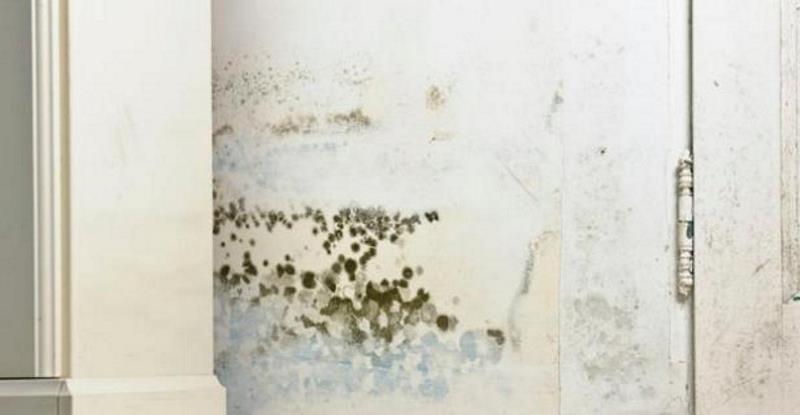
4. Unpleasant indoors:
Wet patches on the walls, peeling paint and bubbling wallpaper, and a musty, lingering smell is something you would come home to after a tiring day at work.
5. Damages electronics:
Moisture in the wrong area will almost always destroy all electrical equipment, from household appliances to IT equipment to wiring, everything is affected by moisture.
So, how can you deal with condensation?
While cleaning out your windows with a squeegee or using a dehumidifier can control the moisture build-up, but they are not long-term solutions.
Condensation can be prevented by carefully insulating your building and ventilating it.
Proper ventilation can come a long way in preventing condensation. While it is impractical to keep the windows open all the time, especially in the winter, consider using extractor fans to prevent moisture build-up in kitchens and bathrooms.
Insulation can make a significant impact on the moisture build-up home. Cavity wall insulation can prevent moisture from the outside from affecting your inner walls. Loft, roof and floor insulation also come in handy in your fight against condensation. It will not only help to maintain the right internal room temperatures but also help to save fuel costs.
Conclusion:
While a certain amount of moisture and humidity is necessary to lead a healthy lifestyle, it is only when the moisture build-up increases that it creates a nuisance. When properly installed, insulation can help fight moisture.
We sell quality pipe insulation, loft insulation and others to help you combat condensation. The multifoils and breathable membranes we store are specially designed to fight moisture. We also have good quality pipe lagging and mineral wool duct wraps and slabs to help prevent sweating and other issues in pipes and ducts. Visit www/buyinsulationonline.co.uk/ today and get 5% off on your first order.

Samuel Hitch
Managing Director
Buy Insulation Online.
Leave A Reply
Your feedback is greatly appreciated, please comment on our content below. Your email address will not be published. Required fields are marked *







